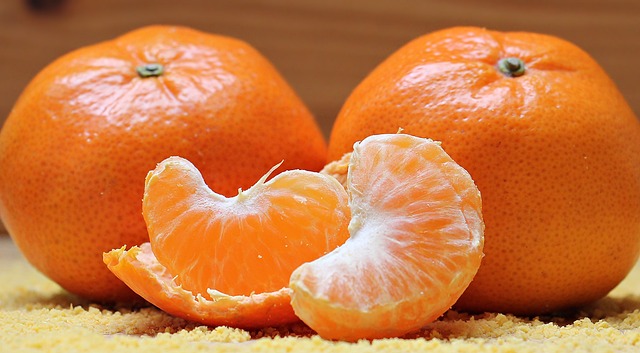Introduction
Probiotics have gained a lot of attention in recent years. They are often recommended to improve gut health and boost the immune system. However, there is still a lot of confusion and misconceptions surrounding probiotics. In this blog, we will dive deeper into the science behind probiotics, how they work, and the benefits they provide.
What are Probiotics?
Probiotics are live microorganisms that are beneficial to human health. They are most commonly found in fermented foods such as yogurt, kefir, sauerkraut, and kimchi. They can also be consumed in the form of supplements.
How Do They Work?
The human gut contains trillions of microorganisms, including bacteria, viruses, and fungi. These microorganisms play a significant role in digestion and immunity. Probiotics work by introducing beneficial bacteria into the gut, which can help maintain a healthy balance of microorganisms.
Probiotics have been shown to have several mechanisms of action:
- Competitive Exclusion: Probiotics can compete with harmful bacteria by occupying the same space in the gut. This reduces the chance of harmful bacteria taking hold and causing infection.
- Production of Antibacterial Substances: Probiotics can produce substances that inhibit the growth of harmful bacteria.
- Modulation of the Immune System: Probiotics can stimulate the immune system, which can help fight off infections and improve overall immune function.
Benefits of Probiotics
Research has shown that probiotics can provide several benefits to human health, including:
- Improved Digestive Health: Probiotics have been shown to improve symptoms of digestive disorders such as irritable bowel syndrome (IBS), inflammatory bowel disease (IBD), and diarrhea. They can also improve digestive function and reduce constipation.
- Improved Immune Function: Probiotics can boost the immune system by increasing the production of antibodies, stimulating immune cells, and reducing inflammation.
- Reduced Risk of Infection: Probiotics can reduce the risk of infections such as urinary tract infections, yeast infections, and respiratory infections.
- Improved Mental Health: Studies have shown that there is a connection between gut health and mental health. Probiotics can improve symptoms of anxiety and depression by reducing inflammation and improving the gut-brain axis.
- Improved Skin Health: Probiotics can improve skin conditions such as acne, eczema, and psoriasis by reducing inflammation and improving the skin’s barrier function.
Choosing the Right Probiotic
Not all probiotics are created equal. When choosing a probiotic supplement, it’s important to consider the following factors:
- Strain: Different probiotic strains have different mechanisms of action and benefits. Look for a probiotic that contains strains that have been shown to be effective for your specific health concern.
- Number of CFUs: CFUs (colony-forming units) indicate the number of live bacteria in a probiotic supplement. Look for a supplement with a high number of CFUs (at least 10 billion).
- Survivability: Probiotics need to survive the acidic environment of the stomach to reach the gut alive. Look for a supplement with a protective coating or strains that are known to be more resilient.
Conclusion
Probiotics are a promising avenue for improving overall health and wellness. They work by introducing beneficial bacteria into the gut, which can help maintain a healthy balance of microorganisms. Probiotics have been shown to improve digestive health, boost the immune system, reduce the risk of infection, and improve mental and skin health. When choosing a probiotic supplement, make sure to consider the strain, number of CFUs, and survivability.







